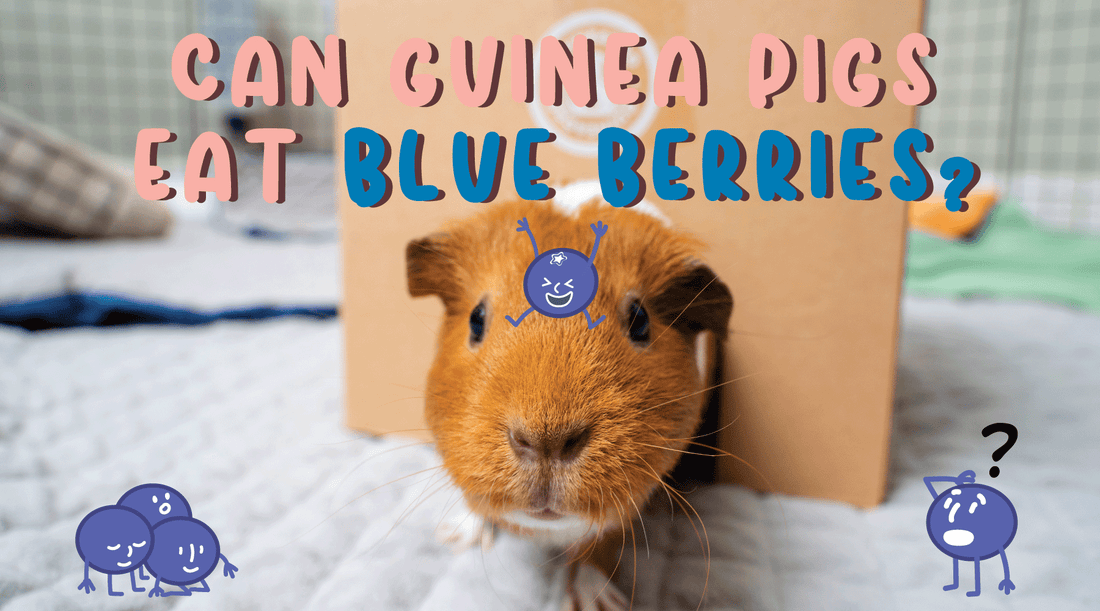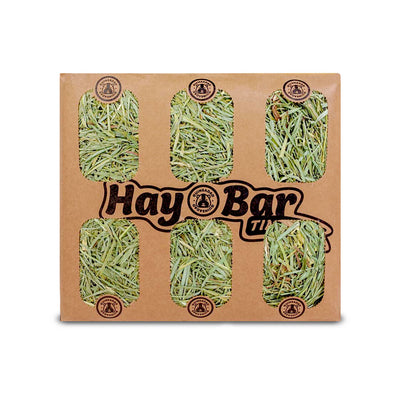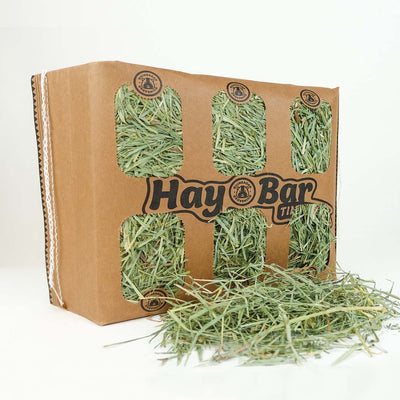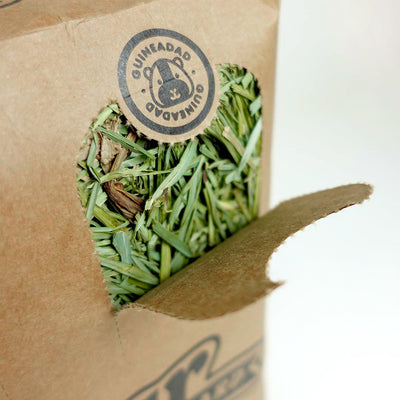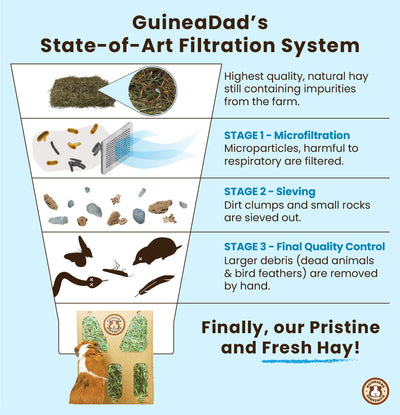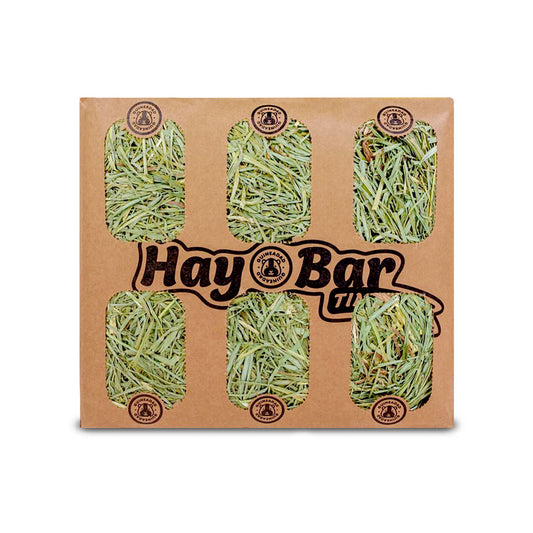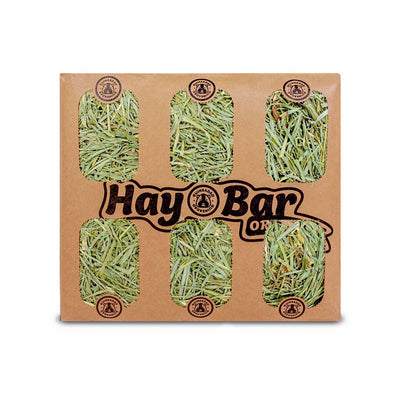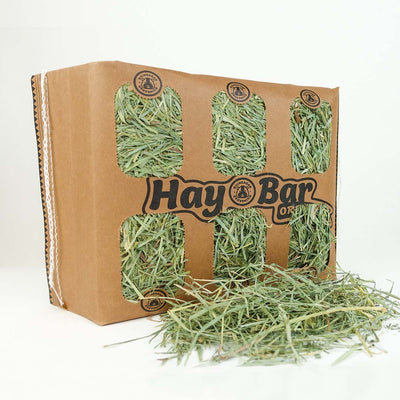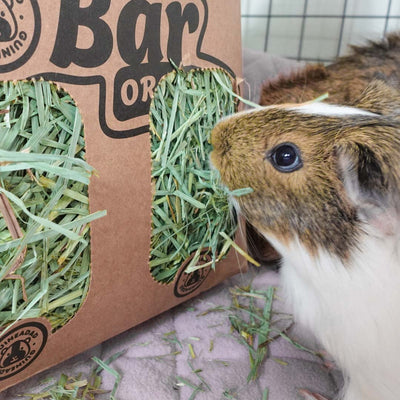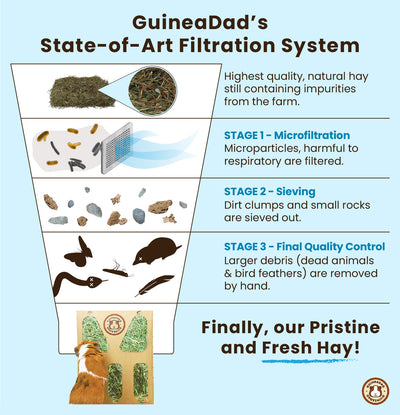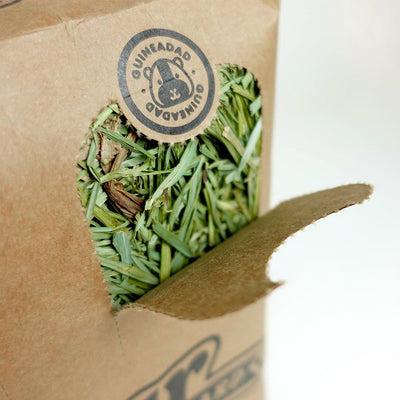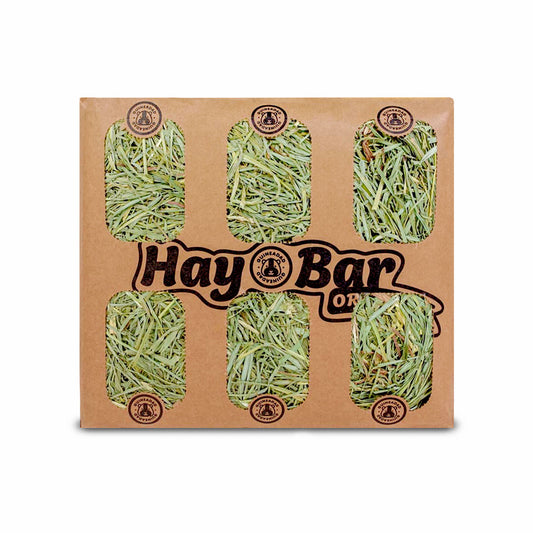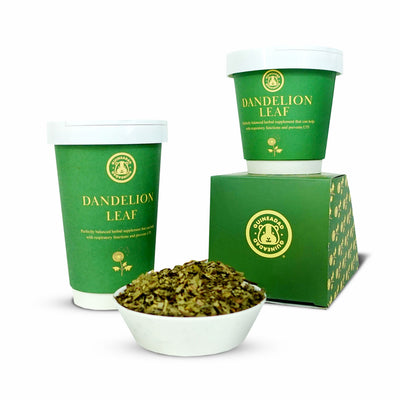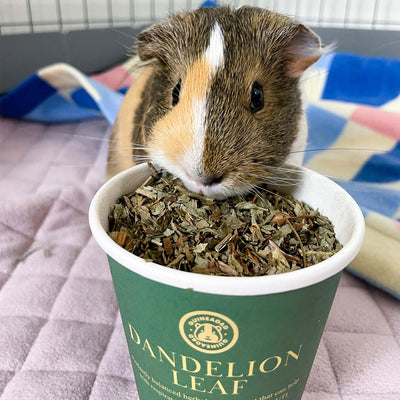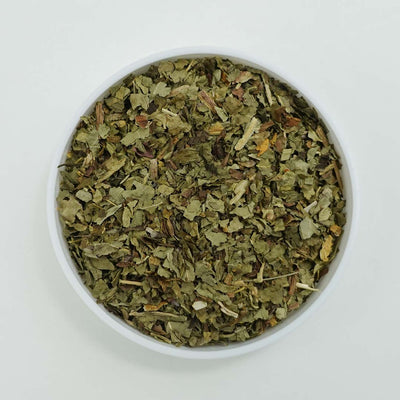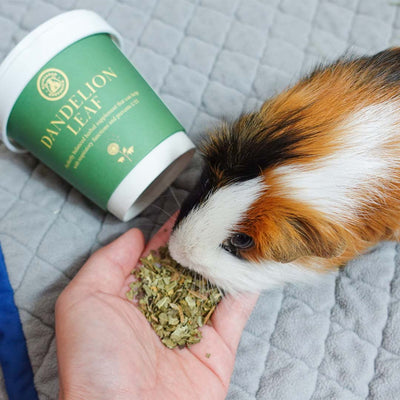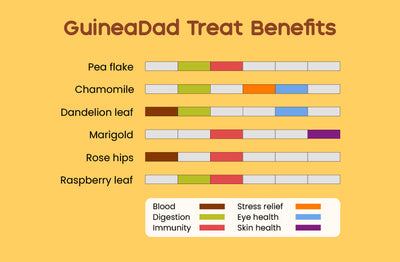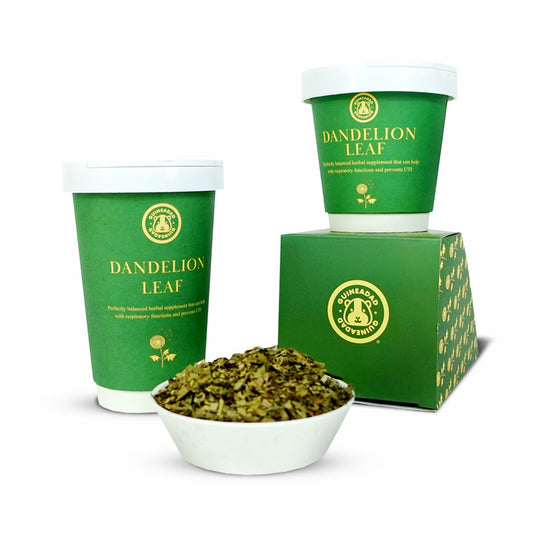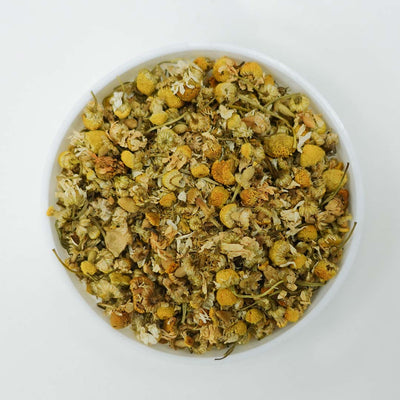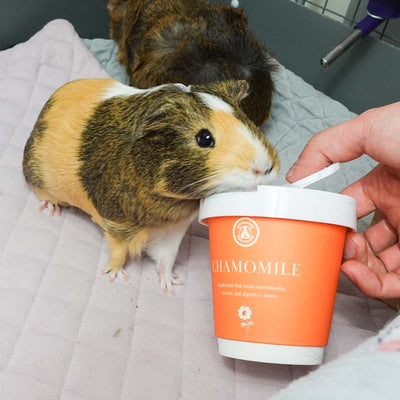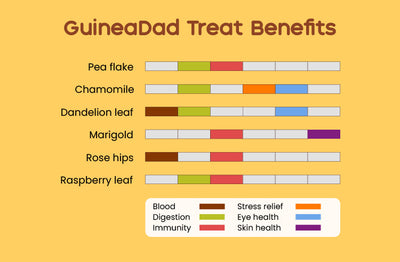Yes, but only in moderation. Guinea pigs can safely eat one or two blueberries once a week, unless they are prone to digestive upset or oral sores. Although blueberries can be a sweet treat for guinea pigs, take special precaution when serving to guinea pigs and always wash properly. Keep reading to learn advantages, disadvantages, and appropriate preparations to note before feeding your guinea pigs this sweet treat.
Visit our other GuineaDad Fruit Blogs:
Can Guinea Pigs Eat Bananas?
Can Guinea Pigs Eat Strawberries?
Can Guinea Pigs Eat Grapes?

The advantages:
Blueberries are a fibrous berry with a water content of 84% and a multitude of vitamins and minerals. Vitamin C is one of the most important, since guinea pigs are unable to make or store it, and have to get it from their diet to prevent scurvy. Another valuable vitamin is the one essential in bone health, blood clotting, and wound healing, vitamin K. Trace amounts of calcium and phosphorus are also highly beneficial as they work together to boost the skeletal system.
Blueberries are also packed with antioxidants which help regulate blood pressure and protect your cavy from free radicals which damage cells, cause illness and aging. Additionally, blueberries have a low caloric value despite the high nutritional value, which is important in avoiding obesity and diabetes
The disadvantages:
The most obvious problem with blueberries is that like many other fruits, they have high sugar content. Food with high levels of sugar can promote the decay of your guinea pig’s teeth as well as result in diarrhea, obesity, and even diabetes.
The second most noted health concern is that blueberries are fairly acidic. This is typically only problematic in excess quantities, potentially causing oral sores, minor damage to the digestive tract or urinary tract infections. Although these afflictions are not fatal, they can cause your pet pain and discomfort.

Appropriate serving size and preparations
Thanks to their small size, preparing blueberries for your guinea pig is a breeze! Regardless of whether you pick the berries straight from your yard, or buy them at the supermarket, the most important thing is washing them well. If not washed properly, your guinea pig could be exposed to harmful dirt, chemicals, or pesticides.
The recommended serving size is no more than one to two blueberries at a time, once or twice a week. Because of the high sugar content and acidic nature of blueberries, you should start your cavy off with a very small portion, perhaps half of a blueberry the first time they try it. If they behave normally and show no signs of digestive issues, or oral sores, you can feed them a larger portion next time. Since blueberries are generally small, it is not necessary to continue cutting them into smaller pieces.

In conclusion, blueberries fed in small portions can be a safe and healthy weekly treat. Blueberries are packed with crucial vitamins and minerals like vitamin C, vitamin K, calcium, phosphorus. They also have lots of antioxidants and are low-calorie. They should be fed in moderation to avoid issues like digestive upset, obesity, oral sores, and urinary tract infections caused by the high sugar content and acidity of blueberries.

Remember to always speak to your veterinarian before making any significant changes in your guinea pig's diet. Feeding your guinea pig properly prepared blueberries in moderation will surely make your cavy happy. However, if your pig isn't a fan, there are lots of other healthy fruits, vegetables, and GuineaDad treats you can check out!


